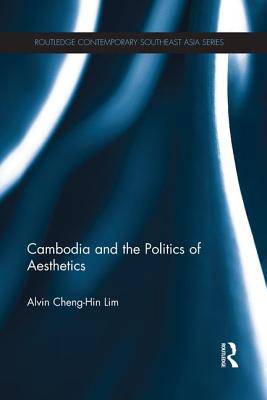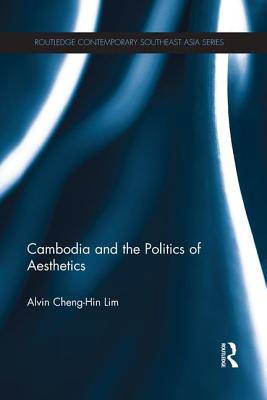
- Retrait gratuit dans votre magasin Club
- 7.000.000 titres dans notre catalogue
- Payer en toute sécurité
- Toujours un magasin près de chez vous
- Retrait gratuit dans votre magasin Club
- 7.000.0000 titres dans notre catalogue
- Payer en toute sécurité
- Toujours un magasin près de chez vous
Description
Illuminating developments in contemporary Cambodia with political and aesthetic theory, this book analyses the country's violent transition from socialism to capitalism through an innovative method that combines the aesthetic approach and critical theory.
To understand the particularities of the country's transition and Cambodia's unfolding encounter with neoliberal capitalism, the book pursues the circuits of desire connecting the constellation of objects and relations, which is identified as Cambodia. Chapters focus on the pre-colonial empire of Angkor, the invasions of Siam and Vietnam in the nineteenth century, the devastation of the Khmer Rouge genocide and the subsequent Vietnamese occupation, and the present rapacity of Hun Sen's neoliberal government.
A creative combination of auto-ethnography, critical theory, and area studies and the analysis of a historical moment, the book is of interest to academics working on comparative politics, Asian studies, holocaust studies, critical theory, and in the politics of aesthetics.
Spécifications
Parties prenantes
- Auteur(s) :
- Editeur:
Contenu
- Nombre de pages :
- 192
- Langue:
- Anglais
- Collection :
Caractéristiques
- EAN:
- 9781138948358
- Date de parution :
- 14-08-15
- Format:
- Livre broché
- Format numérique:
- Trade paperback (VS)
- Dimensions :
- 156 mm x 234 mm
- Poids :
- 276 g

Les avis
Nous publions uniquement les avis qui respectent les conditions requises. Consultez nos conditions pour les avis.






